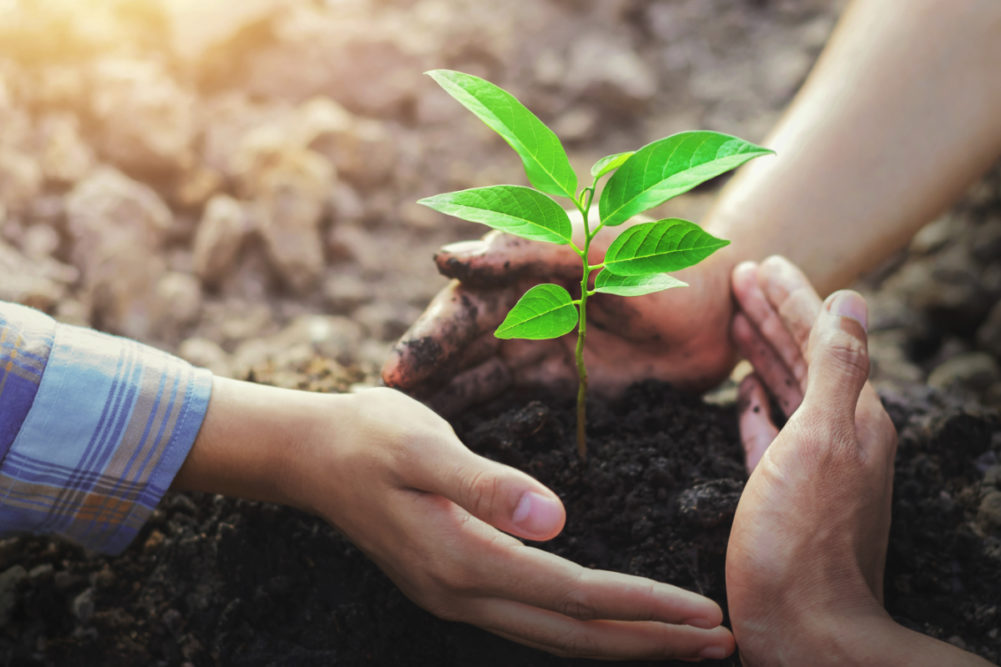BEIJING, CHINA — COFCO International, a China-based agribusiness giant, is executing sustainable practices to build supply chain resilience despite social, environmental and economic hurdles by working with its partners and employees.
“Our world is facing unprecedented change,” said David Dong, chief executive officer (CEO) of COFCO International. “As a global agri-business, our future success depends on our ability to help transform the food system, conserve biodiversity, build resilience and create value across the supply chain. We have laid the foundations for change in 2019. And while there is still much to be accomplished, we remain optimistic in the face of the challenges ahead and determined to make a positive difference.”
COFCO International adheres to five goals or priorities while trying to achieve sustainability: connecting supply and demand, taking care of its people, managing its environmental impact, building strong communities and upholding standards.
“In 2019, we continued to make good progress on our sustainability journey, while sharpening our focus with new goals spanning every aspect of our strategy,” said Wei Peng, head of sustainability at COFCO International. “These efforts will guide targeted action to improve supply chain traceability, health and safety, resource efficiency and community engagement in 2020 and beyond.”
According to COFCO International’s sustainability report, Action for Sustainable Agriculture, the company fulfilled many sustainability goals in 2019 including:
- $2.3 billion sustainability-linked loan as its main financing facility, with interest rates linked to ESG performance and commodity supply chain traceability.
- Full farm-level traceability set as new target for all directly sourced Brazil soy by 2023.
- 100% farm-level traceability for all directly sourced Brazil soy in 25 priority municipalities of the Cerrado biome.
- 5.2 plus million hectares of soy farms in Latin America mapped and assessed for environmental and social risks.
- 240,000 trees planted on the company’s dedicated 850-hectare conservation area.
- 23% of global coffee sales certified or verified as sustainable.
- 74% of wastewater reused as irrigation water and natural fertilizer.
- 10% water efficiency improvement by 2025 set as a new environmental target.
- 87% of global energy needs met by renewable energy.
- Global grievance mechanism, Integrity Hotline, rolled out globally and established as the company’s primary means of resolving grievances.
The report has been prepared according to the Global Reporting Initiative (GRI) standards. It supports the United Nations 2030 Sustainable Development Goals.






